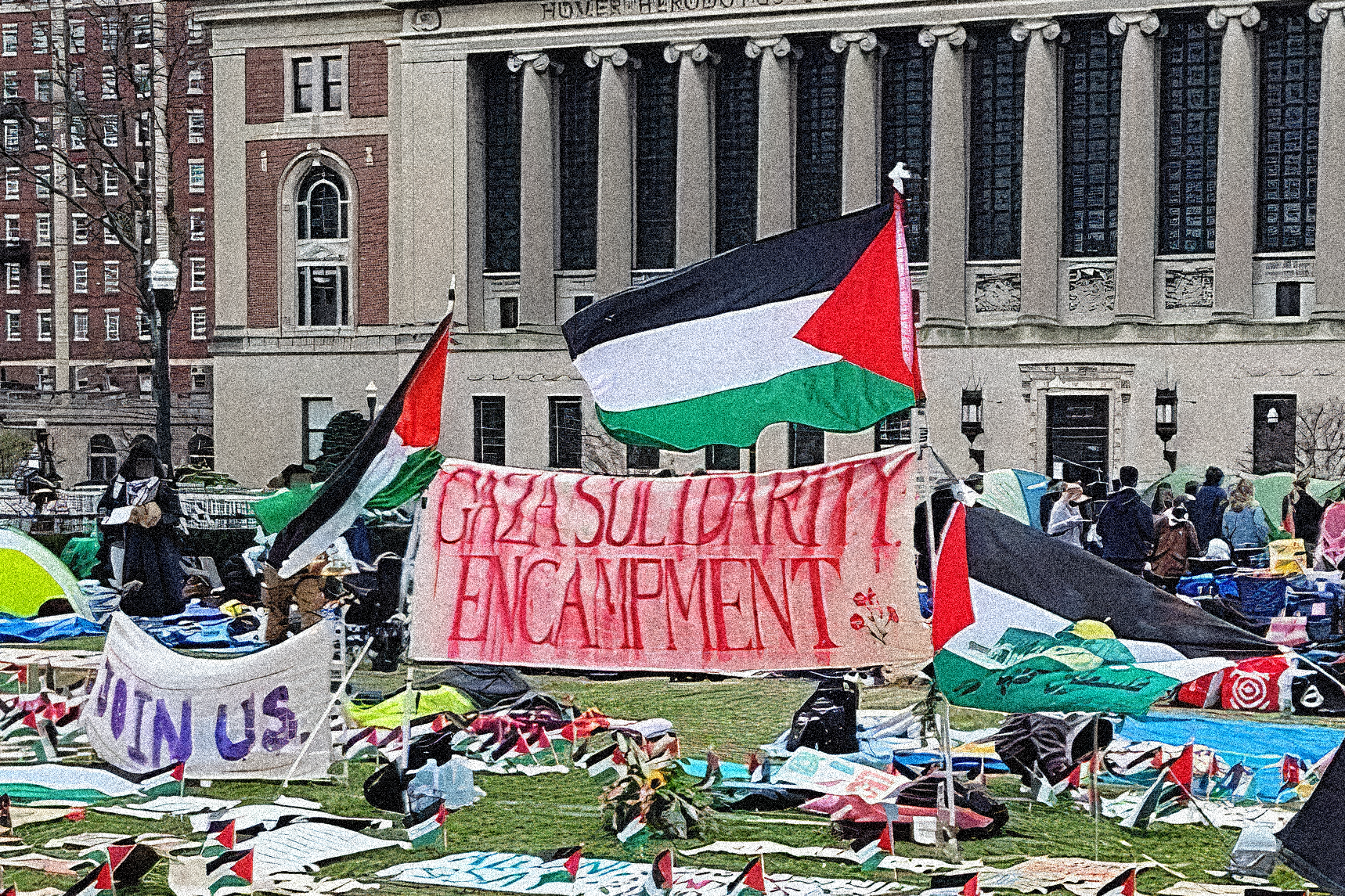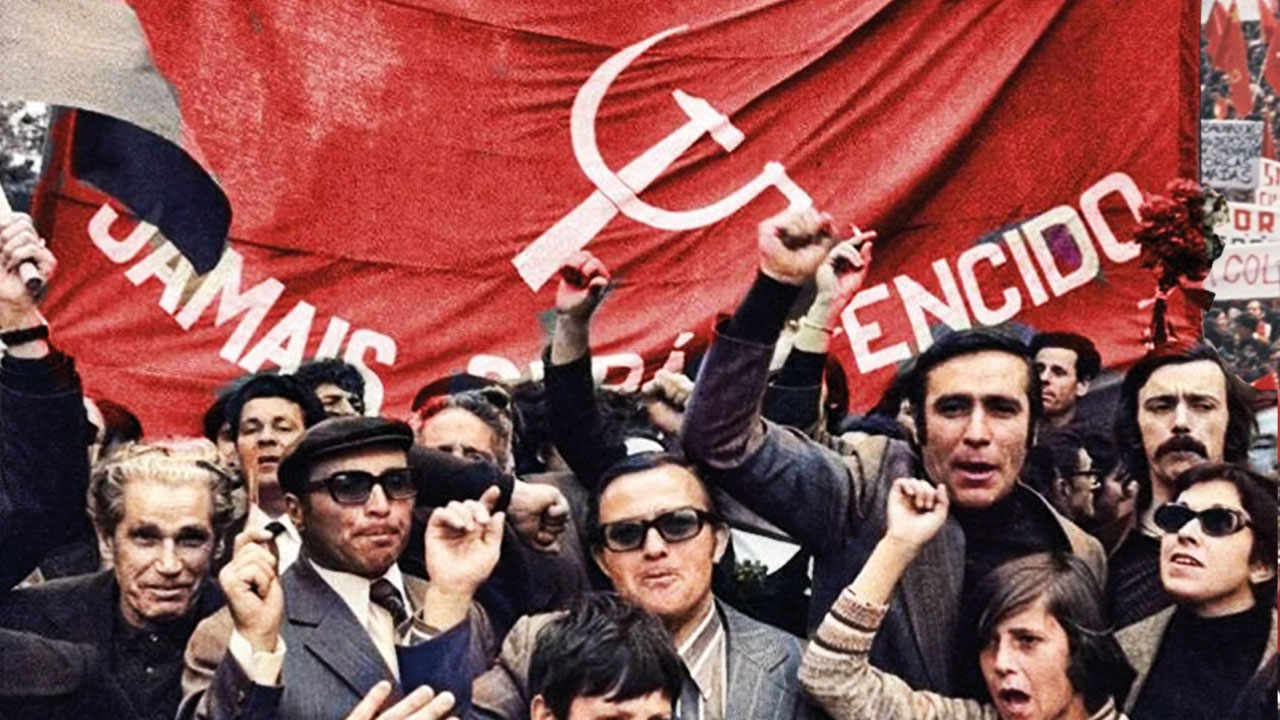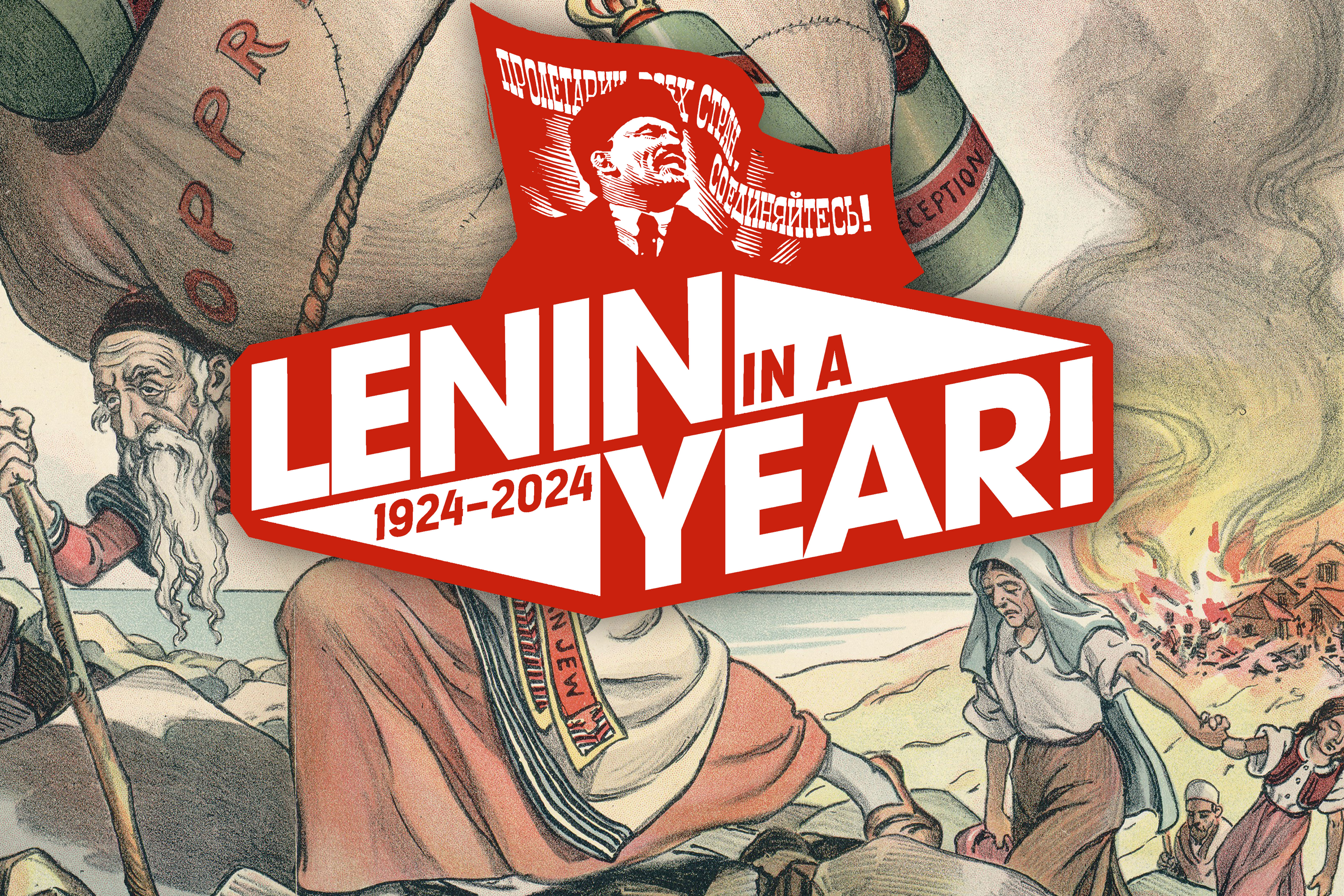
Not a cent, not a bullet for the Israeli war machine: statement on wave of Gaza solidarity student protests
Across the United States over 60 universities and colleges have seen students and faculty organising encampments in a growing movement against the massacre in Gaza. A whole generation is being politicised and drawing conclusions about the nature of imperialism, the role of the police and the state and the need for collective action.



![[Podcast] Why we need a Communist International – season FINALE!](/images/thumbnails/raxo/ramp/tb-w246-h150-crop-int-f97cb415f01af94bb1af0ea00a2507f6.jpg)
![[Podcast] Why AI under capitalism is a failure](/images/thumbnails/raxo/ramp/tb-w246-h150-crop-int-13fafc50c38a63777799a6033b970343.jpg)
![[Podcast] Art, culture and the Russian Revolution](/images/thumbnails/raxo/ramp/tb-w246-h150-crop-int-0c387522fcee15598679a42aa4514abf.jpg)
![[Podcast] Would communists ban religion?](/images/thumbnails/raxo/ramp/tb-w246-h150-crop-int-85acdb562af8bec5af67ca8a19913e28.jpg)